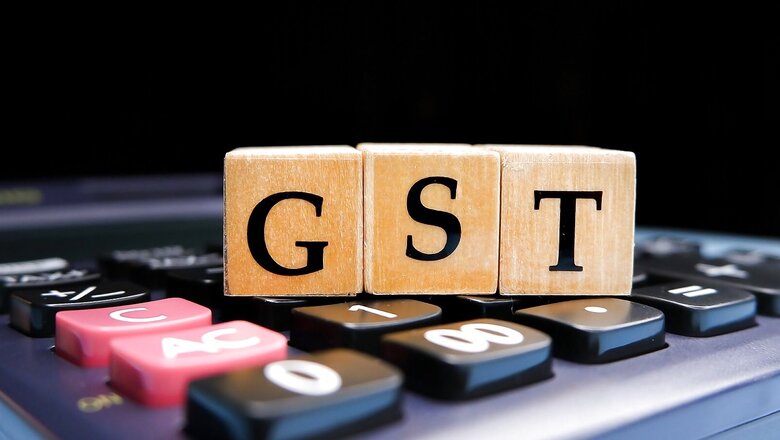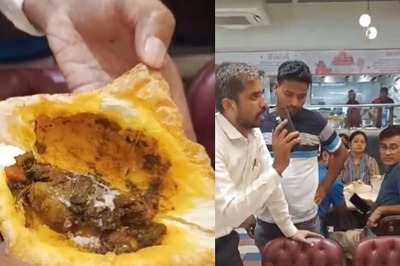
views
The indirect tax proposals announced by the Finance Minister Nirmala Sitharaman aim to reduce tax burden and improve tax administration. On the customs front, several rates have been rationalised. Some of the major proposals of the Finance Bill under the GST law have been summarised below:
Coverage Under Composition Scheme for E-Commerce Transactions
Under the GST law, there is a simplified composition scheme for smaller taxpayers that offers the benefit of a flat GST rate with minimum documentation and compliance requirements. The Finance Bill proposes to also extend the Composition Scheme benefits to persons who are supplying goods through specified e-commerce operators. Currently, even if a single inter-state transaction or transaction through the e-commerce operator is carried out by a supplier of goods, he would not be able to claim the benefit of the composition scheme. This benefit is only for persons who are supplying goods and does not seem to extend to persons supplying any services.
Input Tax Credit Disallowed for CSR Obligations under Companies Act
The Finance Bill proposes to disallow any input tax credits on goods or services that are used or intended to be used for activities related to obligations under corporate social responsibility referred to in Section 135 of the Companies Act, 2013. This provides a much-needed clarification on the treatment of input tax credits towards CSR purposes. There were divergent practices being adopted by the industry with regard to the input tax credit claims of such expenses. This clarification will bring about uniformity in the approach to be adopted.
Time Limit to File Delayed GST Returns Capped to 3 Years from Due Date
The Finance Bill proposes that any registered person will not be permitted to submit the GST returns after the expiry of three years from the due date of such return. This is proposed for monthly, quarterly, annual as well as specific return forms.
Strengthening of Compliances Needed to Avoid Specific Penalty for E-Commerce Operator
As per the proposal, any e-commerce operator who allows a supply of goods or services or both by an unregistered person, through its platform will be liable to pay a penalty. The penalty will be more than Rs 10,000 or the tax amount involved in such a transaction. This provision does not apply to persons exempted from registration by a notification issued under this Act as well as composition taxpayers. A similar provision is also in place for inter-state supplies.
Further, even if an e-commerce operator fails to furnish the correct details in the statement under Section 52(4) of the CGST Act, which elaborates outward supply of goods effected through the e-commerce network by a person exempted from obtaining registration under this Act, then this penalty would also stand.
As a consequence, e-commerce operators will need to strengthen their compliance, KYC norms and supplier onboarding procedures, so that they do not become liable for the penalty under GST law. Currently, e-commerce operators are required to collect tax at source, at the rate of 0.5 per cent each under CGST and SGST, respectively, or 1 per cent in case of IGST at the time of making payment to vendors.
Decriminalisation, Removal of Imprisonment for Certain Offences
Certain offences under GST attract penalties as well as imprisonment. The Finance Bill 2023-24 proposes to remove the following offences from the list of offences punishable with imprisonment:
* Obstructing or preventing an officer from the discharge of duties under GST law
* Tampering or destroying any material evidence or documents which may be part of
* Failure to supply any information or supplying false information under GST law
This is in line with the government’s intent to enhance the ease of doing business.
Supply of Certain Warehoused Goods to be Included in ‘Exempt Supply’ for ITC Reversal
It has been proposed in the Finance Bill that the supply of warehoused goods to any person before clearance for home consumption would be considered as the exempt supply for purpose of the input tax credit reversal. The reversal of input tax credit is required where input and input service are used for making exempt supplies. Under Rule 42 to the CGST Rules, a taxpayer is required to reverse input tax credit on a proportionate basis in so far as the tax credits relate to exempt supplies.
(The author is the director of audit, tax and consulting services firm RSM India. Views Are Personal)
Read all the Latest Business News here




















Comments
0 comment